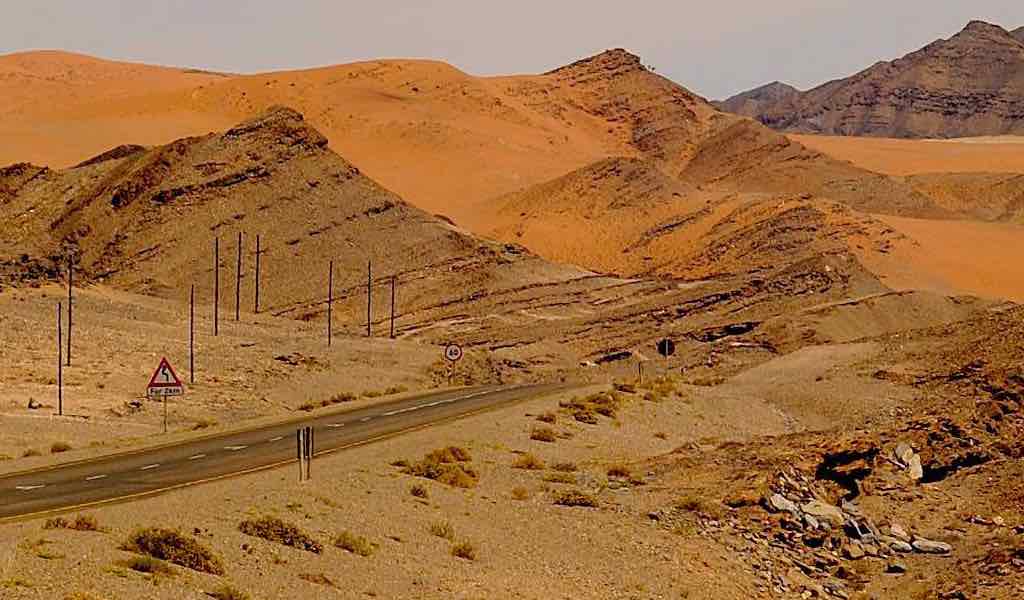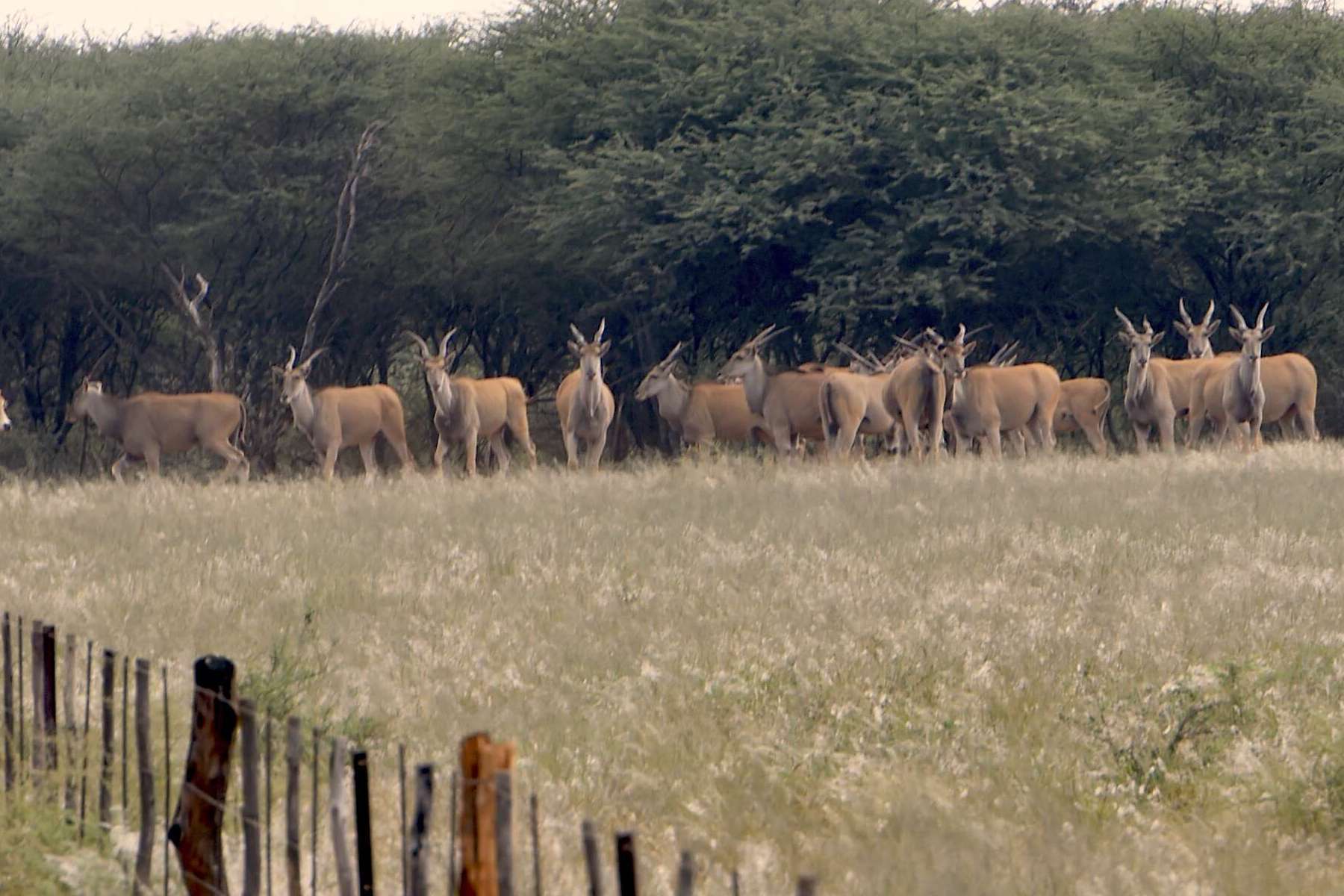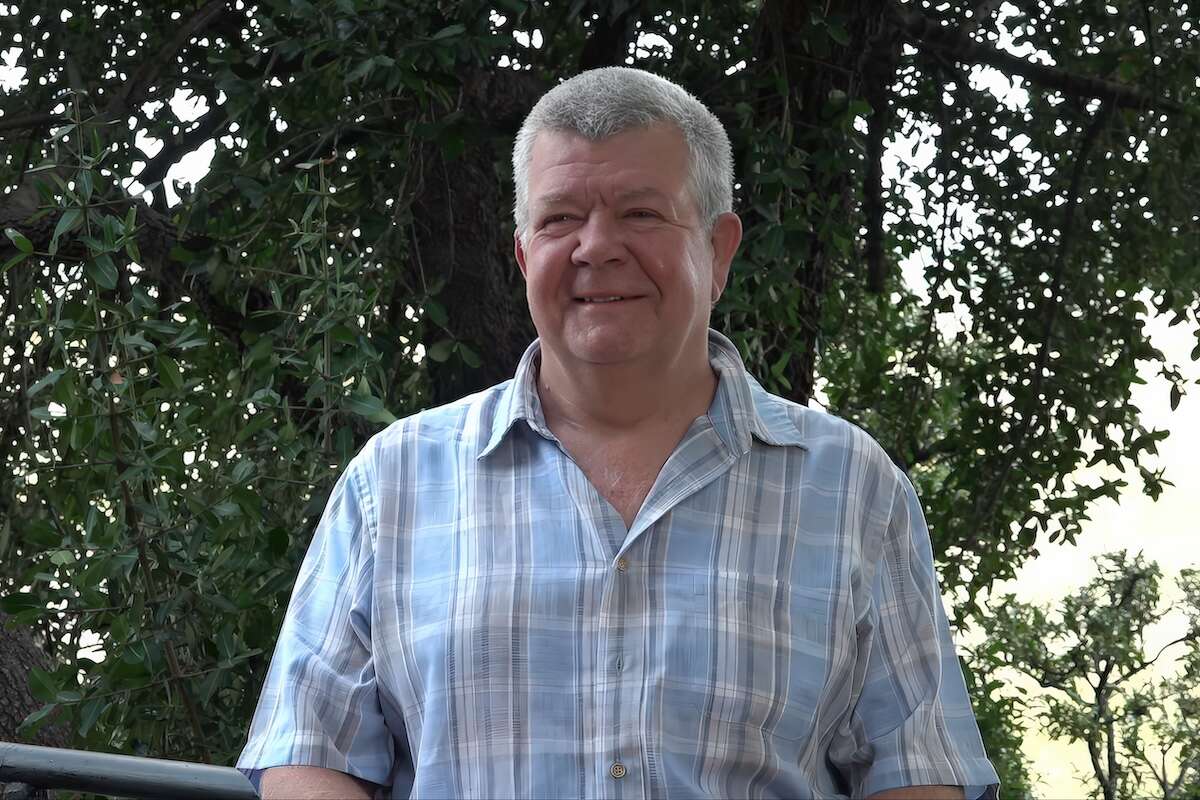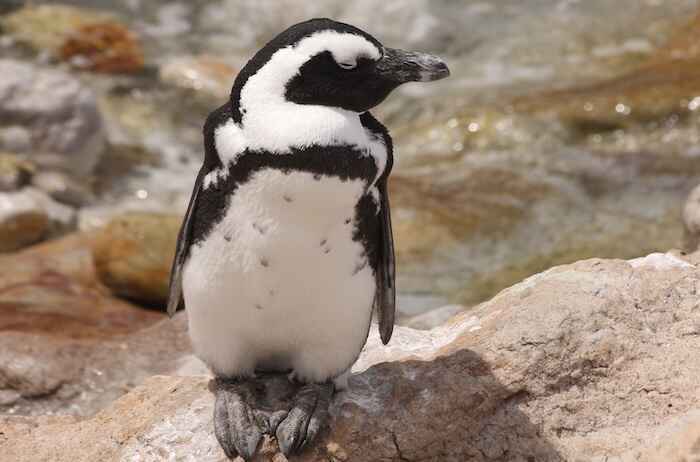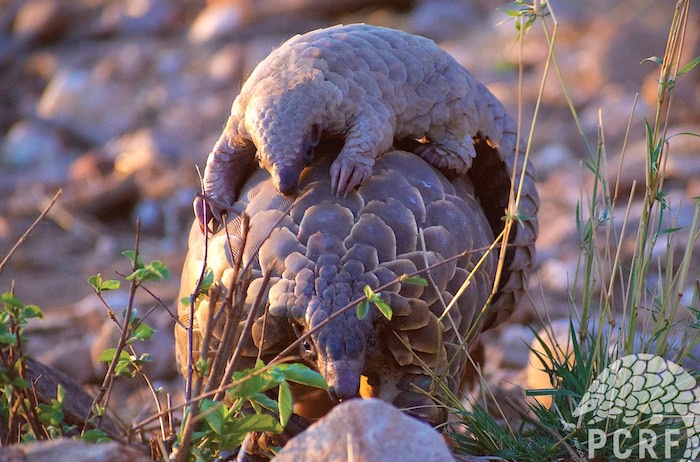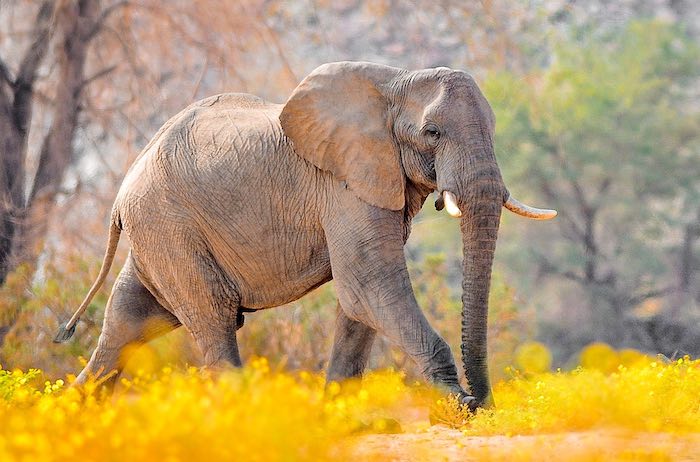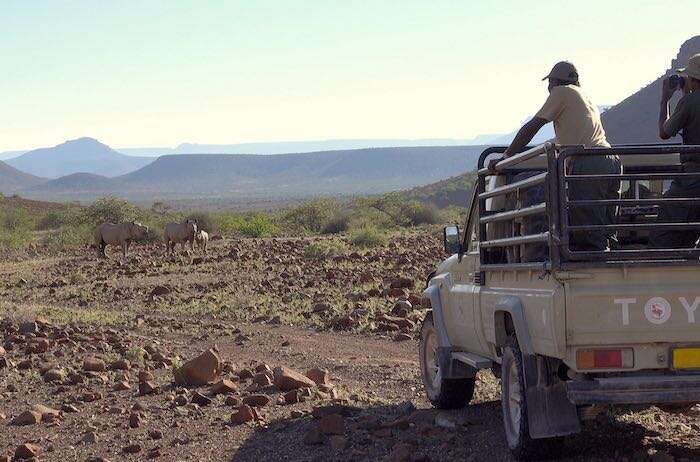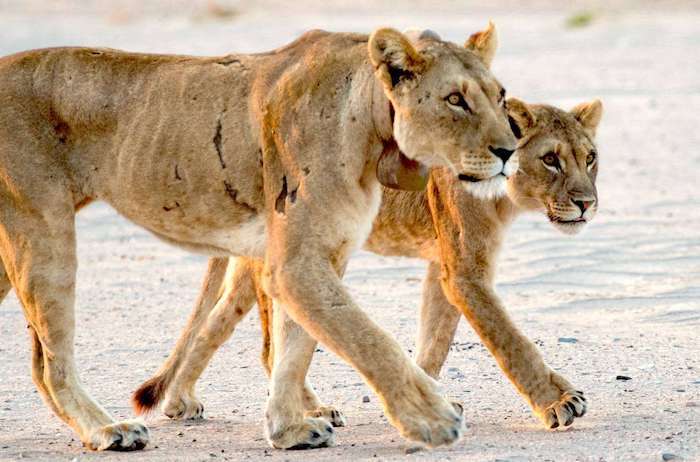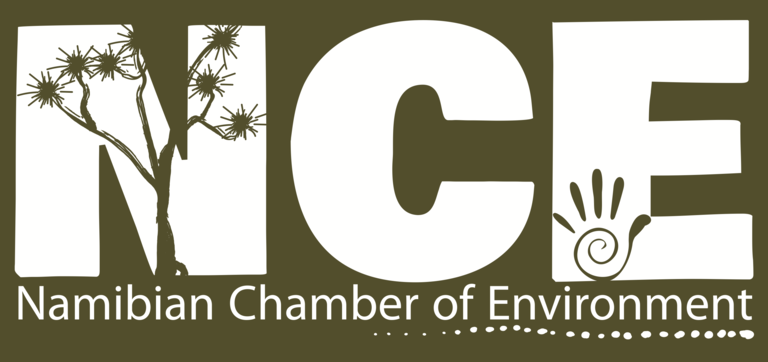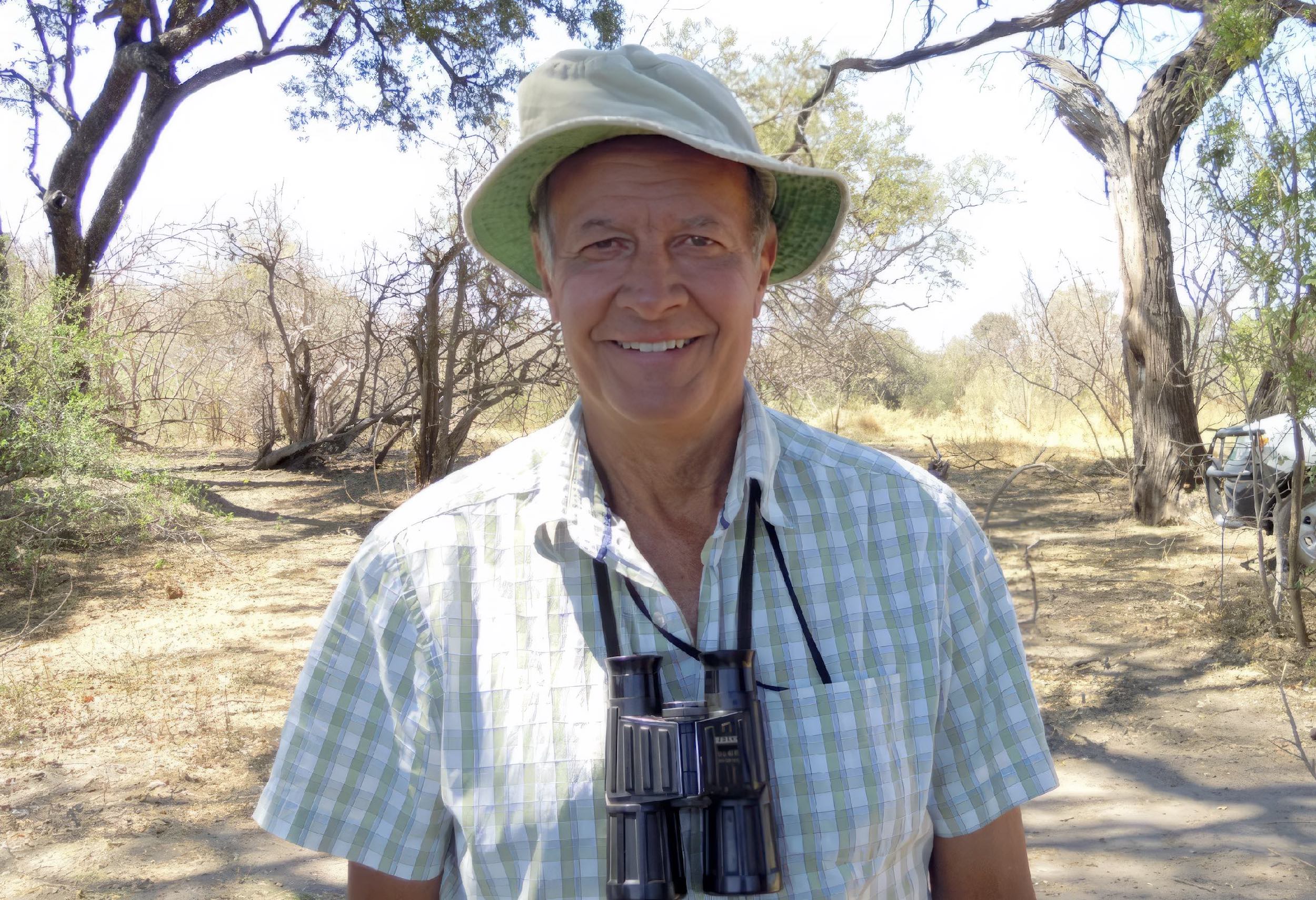
Tribute to David Graham Ward, Namibia's champion citizen scientist
5 October 1949 to 15 June 2023
9th November 2023
9th November 2023
For the past 20 years Dave Ward was the backbone of the monitoring system of Namibia's community-based natural resource management (CBNRM) programme, which now covers over 20% of the country. The 86 communal conservancies and two community associations within the CBNRM programme support some 240,000 rural people living in the most remote parts of Namibia. These rural communities manage their wildlife and other natural resources, as well as their wildlife economies (tourism, hunting, crafts, plant products, etc), for the benefit of their people. They appoint community game guards, carry out regular patrols, run coordinated annual wildlife counts, and monitor wildlife and ecosystem parameters under a national standardised Event Book system.
Dave's job was to train community game guards to use the system, help run annual game counts, carry out annual audits on the monitoring system, provide refresher training, take annual fixed-point photographs for vegetation monitoring, carry out focussed resource assessments and surveys, check and enter data, and to maintain the whole Event Book monitoring system. This work took him into many poorly studied parts of the country with limited biodiversity data.
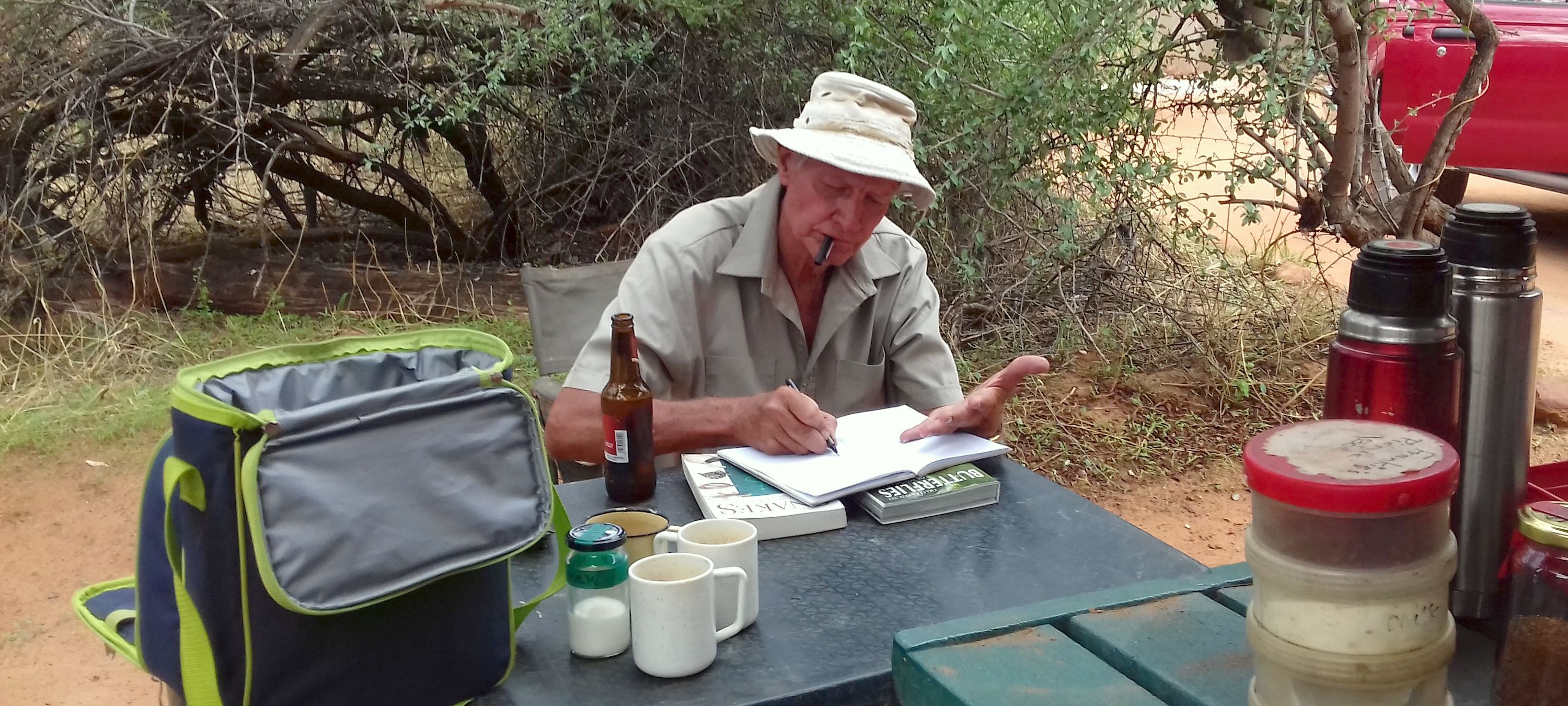
Dave's love of citizen science preceded the first Southern African Bird Atlas Project (SABAP1) when he was a geological field assistant. Like many people in geology, he had a love of nature which went back to his childhood and school days in Zimbabwe (then Rhodesia) at Rhodes Estate Preparatory School in the Matopos, Bulawayo, and at Plumtree School on the Botswana border, and holidays and short-term jobs in Botswana, particularly in the Chobe area. Birds were his passion, and he was one of the leading contributors to Namibia's bird atlas project in the 1970s and 1980s when Namibia brought its data into SABAP1. Dave contributed over 100 atlas cards recording the presence of birds in different quarter degree squares (15 x 15 minute grids), and was in the top 10% of Namibian contributors.
But it was to SABAP2 and Namibia's biodiversity citizen science programme that Dave made his largest contributions. Over a period of almost 12 years, from 2012 to 2023, he recorded 516 bird species for SABAP2, with a yearly average of 387 species (range: 342-429). These numbers are impressive when considering that Namibia is a hyper-arid, arid and dry-subhumid country with a total bird list of some 680 species. He averaged about 120 cards per year and covered 314 different pentads (5 x 5 minute grids, see following map). All except three of his 1,325 submissions were full protocol cards.

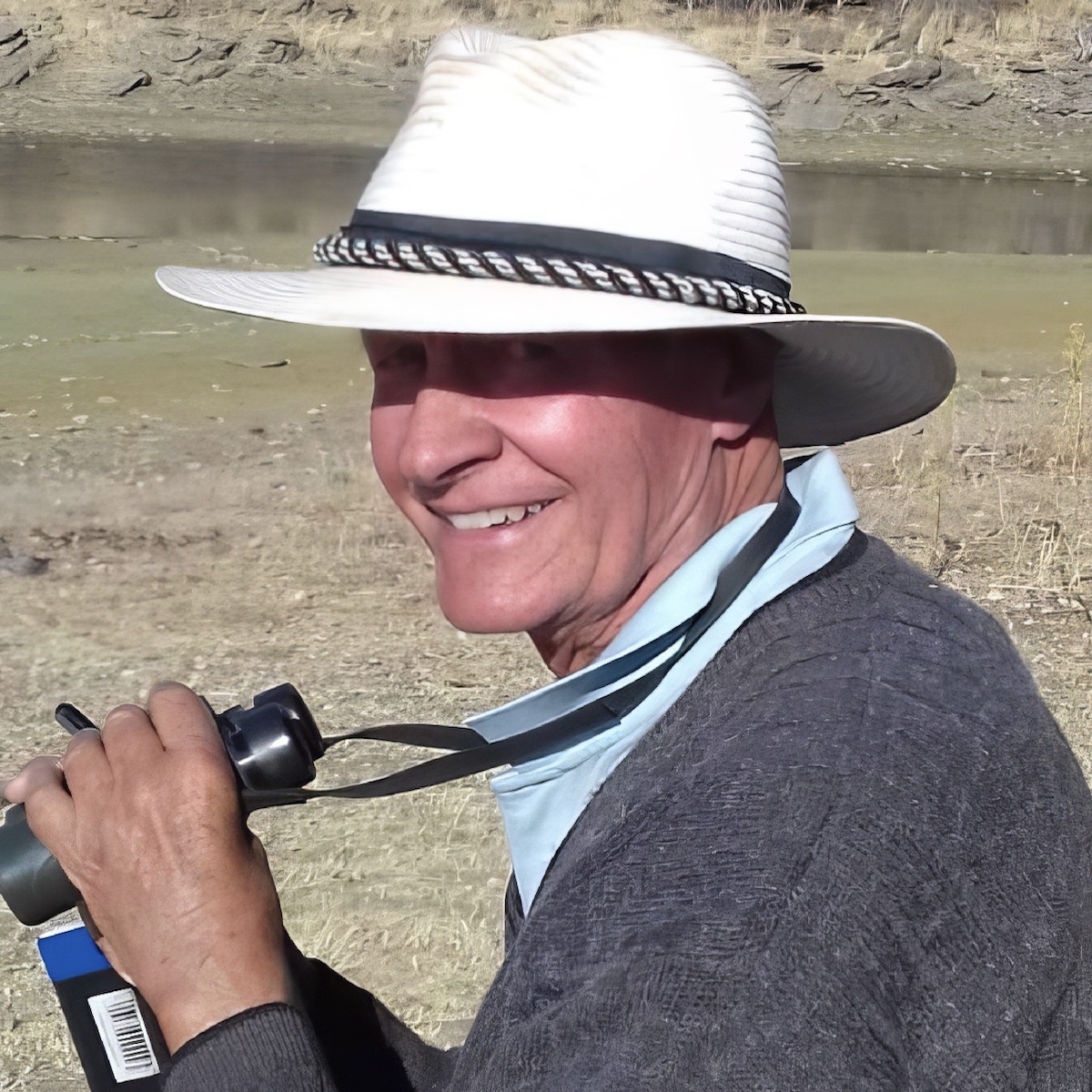
Dave was the leading contributor to Namibia's biodiversity citizen science programme with 14,926 records. His focus after birds was on mammals and butterflies, but he made significant contributions also to atlases of reptiles and invasive alien plants. These records were mostly at the monad level (1 x 1 minute grids) and covered an impressive amount of the more remote parts of Namibia, particularly in the central, the north-western and the north-eastern regions.
| Taxon | No. records | No. species |
|---|---|---|
| Mammals | 8,514 | 95 |
| Reptiles | 759 | 241 |
| Amphibians | 107 | 11 |
| Butterflies | 4,088 | 83 |
| Invasive alien plants | 907 | 26 |
Besides the impressive number of records that Dave submitted to the various atlas programmes, the geographical scope and quality of his records stood out from the rest.
He worked in remote areas where few other citizen scientists ventured, and repeatedly visited these areas as part of his work. In 2012 and 2013 about 90% of his SABAP2 pentads were low coverage, many being virgin pentads, where no previous records existed. By 2021 and 2022 he had almost single-handedly brought this down to about 33%. His work in remote areas allowed him to gather more detailed information on some lesser studied species. An example was the data he collected on the status and distribution of oxpeckers in Namibia, which resulted in a scientific publication in the Namibian Journal of Environment where he was the senior author.


His records were scrupulously reliable. He was meticulous in recording information, always handwritten in notebooks, and making sure that all identifications were correct. You can take Dave's records to the bank
was the view of atlas administrators. New distribution records from Dave, no matter how far removed from conventional knowledge, were never rejected. To do so would be folly. All follow-ups confirmed the new distributions.
He was also a guiding mentor to young field staff in the CBNRM programme and got them interested and involved in citizen science. One of Dave's protégées is now the second-largest contributor to the programme, and another is in sixth place.
The information from these citizen science programmes is used in research, conservation planning, education, policy development and other related ways. Dave's records, together with those of all the other citizen scientists, will live on far into the future, helping the country move towards a sustainable future.
Tributes to Dave from his many friends and colleagues include: His campfire stories were legendary!
One of the greats in Namibian conservation.
Our beloved wilderness will be the poorer for his absence.
His quiet commitment to his work will be a great loss to the conservation world.
Always unassuming and humble, he was a great friend and mentor – a quiet legend.
David always made us laugh with his amazing sense of humour and jokes.
His beautiful heartwarming soul could take the chill off a cold evening.
He will be deeply missed by all who he touched.
Go well Dave, and rest assured that your citizen science contributions are of great value to science and conservation, and your dedication and commitment is greatly appreciated, both now and far into the future. You set the bar high and leave a legacy of which you can be justifiably proud.
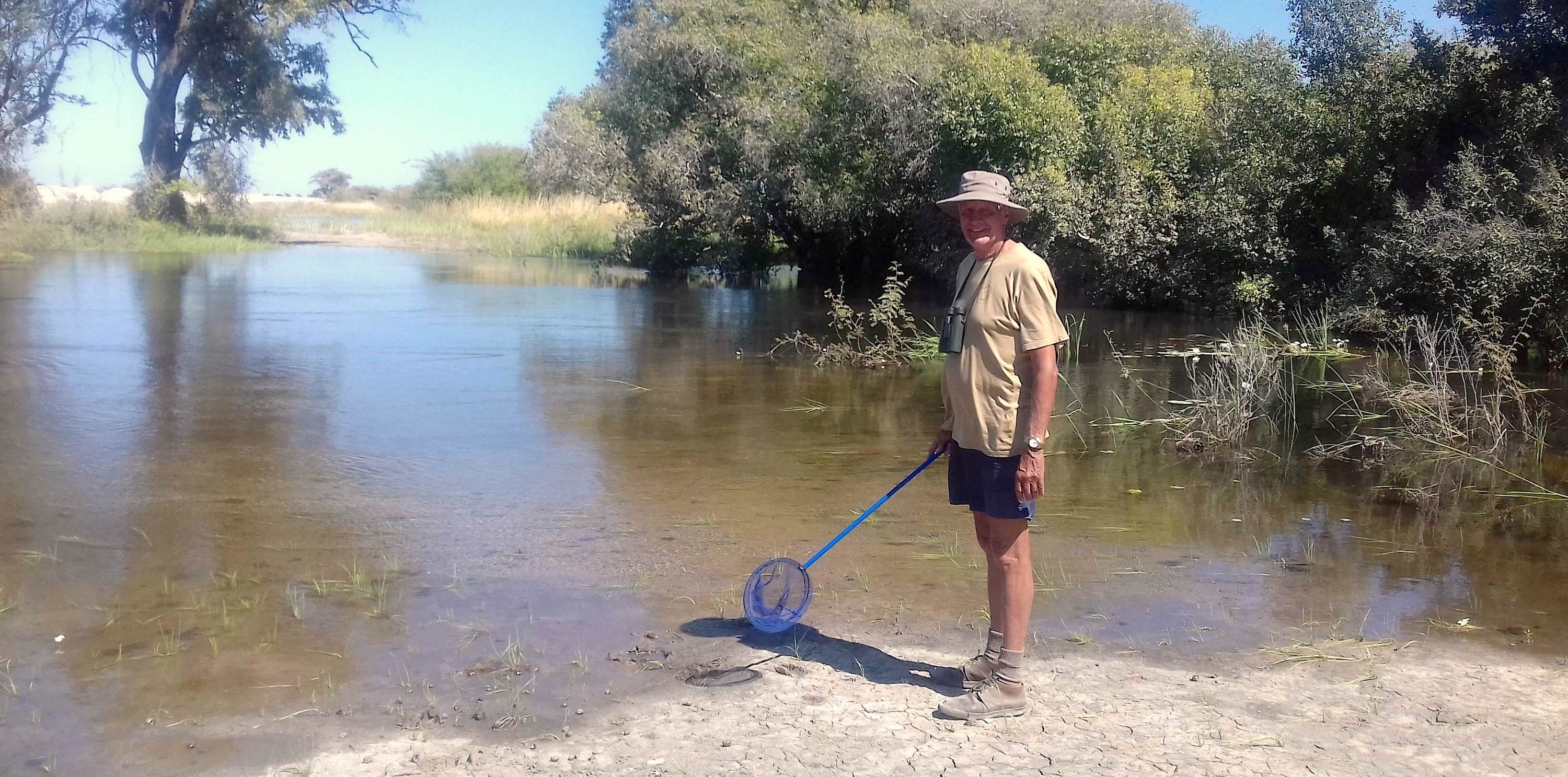
For articles on similar topics, please click one of the following options:
For more great articles from Conservation Namibia see below...
Conservation Namibia brought to you by:
We use cookies to monitor site usage and to help improve it. See our Privacy Policy for details. By continuing to use the site, you acknowledge acceptance of our policy.
